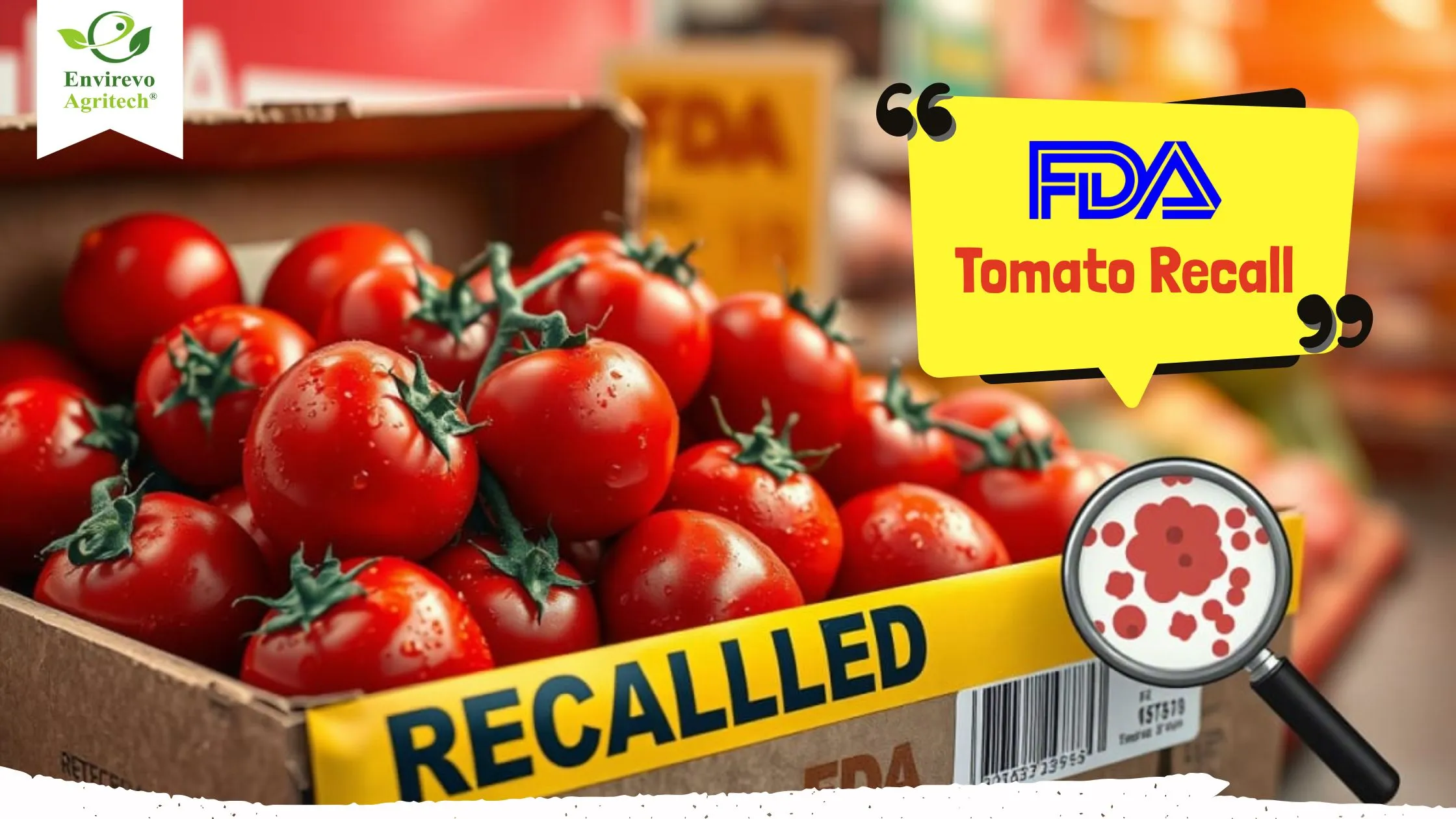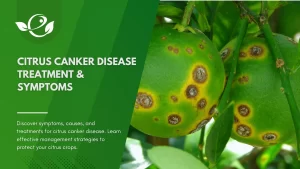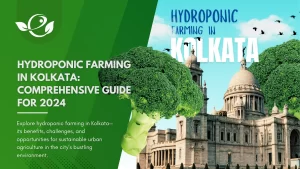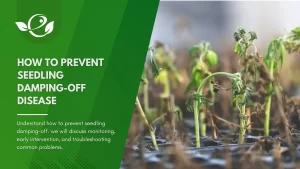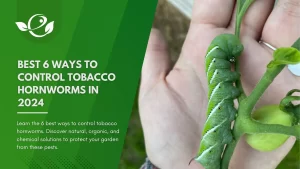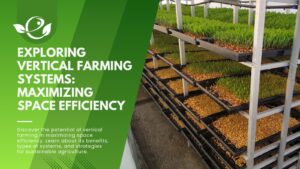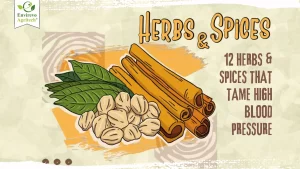Table of Contents
In a significant public health alert, the U.S. Food and Drug Administration (FDA) has expanded its recall of fresh tomatoes due to potential Salmonella contamination. A recall issued in May for tomatoes distributed in the Carolinas was upgraded last week to the highest recall level possible. The FDA, on May 2 published a recall of fresh tomatoes sold to distributors in North Carolina, South Carolina, and Georgia due to a potential salmonella contamination. That recall was upgraded on May 28 to a Class I recall — the FDA’s most severe recall level. This recall now encompasses products from multiple producers distributed across over a dozen states, raising serious concerns about food safety and consumer health.
Understanding the FDA Tomato Recall and Its Implications
The FDA’s decision to expand the tomato recall stems from the detection of Salmonella bacteria in certain tomato products. Salmonella is a pathogenic microorganism that can cause severe gastrointestinal illness in humans. The contamination was identified during routine testing, prompting immediate action to prevent widespread exposure.
The recall includes tomatoes from various producers, notably Williams Farms Repack LLC and Ray & Mascari Inc. These companies distributed their products under different brand names and packaging, making it imperative for consumers to be vigilant about the tomatoes they have purchased.
Affected Products and Distribution Details
Williams Farms Repack LLC
Williams Farms Repack LLC issued a recall for tomatoes distributed between April 23 and April 28, 2025. The products were sold under the Williams Farms Repack and H&C Farms labels. These tomatoes came in various sizes, from 3-packs to 25-pound bags. The recall affects consumers in Georgia, North Carolina, and South Carolina. The FDA classified this as a Class I recall, indicating a high risk of serious health consequences or death if the contaminated products are consumed.
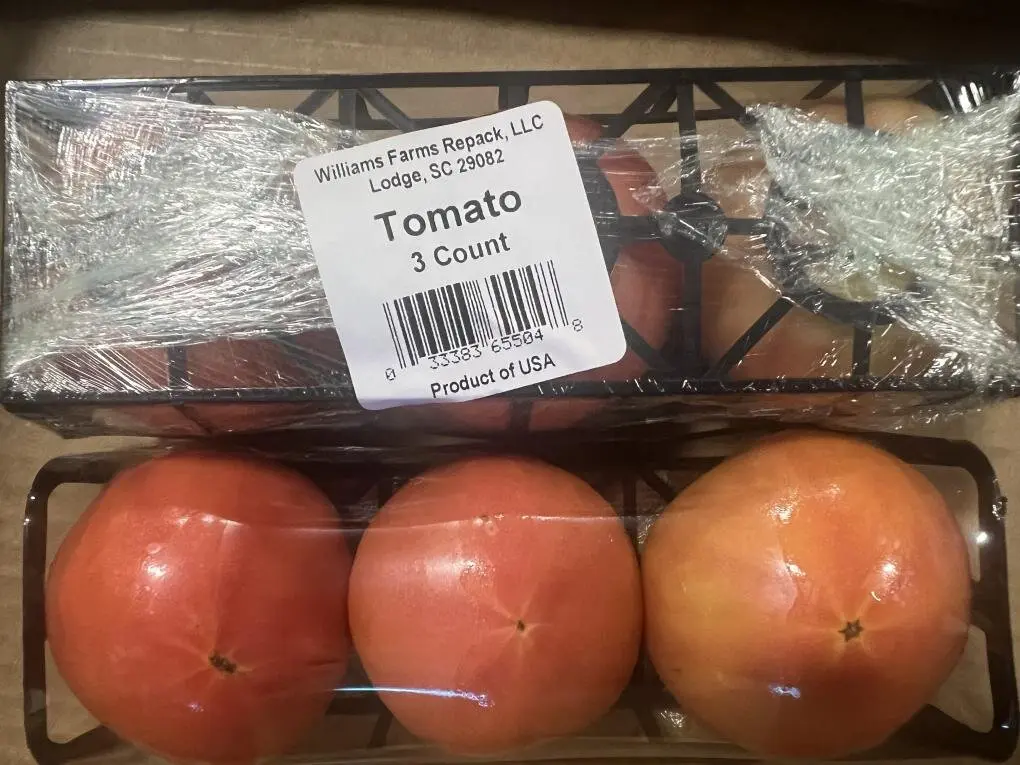
Ray & Mascari Inc.
Ray & Mascari Inc. recalled their 4-count vine ripe tomatoes packaged in 20 oz. plastic clamshell containers. These tomatoes were distributed through Gordon Food Service Stores across 11 states, including Illinois, Indiana, Kentucky, Michigan, Missouri, Mississippi, New York, Ohio, Pennsylvania, Tennessee, and Wisconsin. The affected products bear the UPC# 7 96553 20062 1 and Lot# RM250424 15250B or RM250427 15250B.
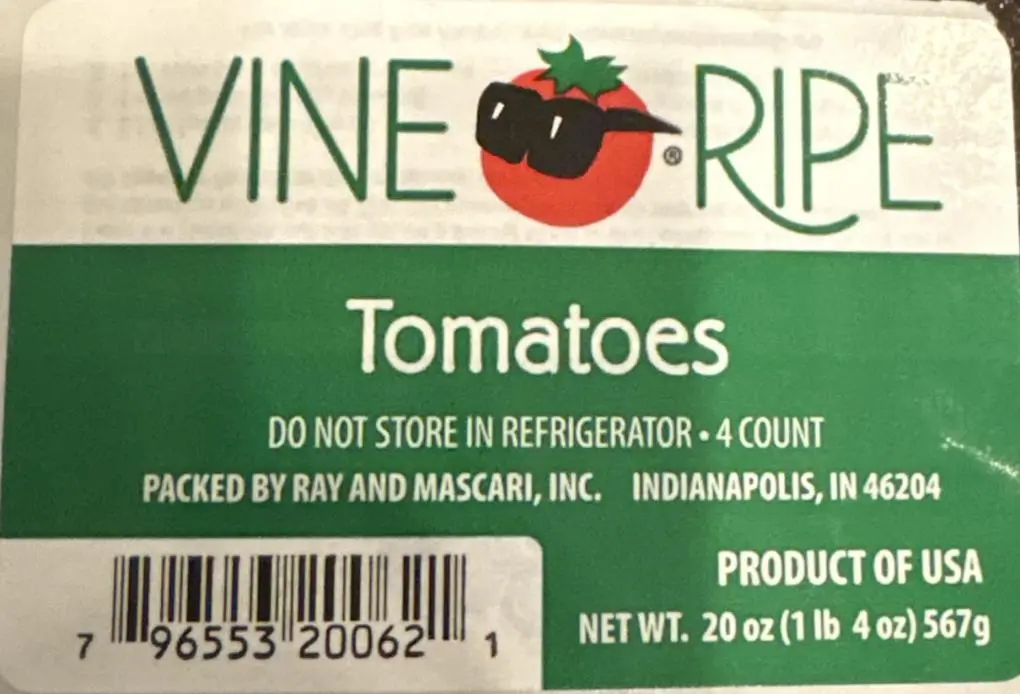
Which tomatoes were recalled?
Below is a chart of all affected Williams Farms Repack tomatoes included in the recall.
| PRODUCT | SIZE | LOT CODE |
|---|---|---|
| Tomatoes | 5×6 25lb | R4467 |
| Tomatoes | 6×6 25lb | R4467, R4470 |
| Tomatoes | Combo 25lb | R4467 |
| Tomatoes | 4×4 2layer | R4467 |
| Tomatoes | 4×5 2layer | R4467 |
| Tomatoes | 60ct 2layer | R4467, R4470 |
| Tomatoes | 60ct 18lb loose | R4467 |
| Tomatoes | XL 18lb Loose | R4467 |
Tomatoes were also sold in three-count trays with a UPC code of: 0 33383 65504 8; and a lot code of: R4467.
Health Risks Associated with Salmonella Contamination
Salmonella infection, or salmonellosis, can cause a range of symptoms, including diarrhea, fever, abdominal cramps, and vomiting. These symptoms typically manifest within 6 hours to 6 days after exposure and can last up to a week. While many individuals recover without treatment, the infection can be severe and even life-threatening for vulnerable populations such as infants, the elderly, and those with weakened immune systems.
In severe cases, the infection can spread from the intestines to the bloodstream and other parts of the body, necessitating prompt medical intervention. The FDA’s Class I recall designation underscores the seriousness of the potential health risks posed by the contaminated tomatoes. According to the CDC, roughly 420 people die from acute salmonellosis each year in the United States. The organization urges anyone with symptoms resembling Salmonella to consult their healthcare provider.
Recommended Actions for Consumers
Consumers who have purchased fresh tomatoes should take the following steps to ensure their safety:
- Check Product Labels: Identify the brand, UPC, and lot numbers on tomato packaging to determine if they match the recalled products.
- Dispose of Affected Products: If your tomatoes are part of the recall, do not consume them. Dispose of them immediately to prevent any risk of infection.
- Monitor for Symptoms: Be vigilant for signs of salmonellosis, especially if you have consumed tomatoes recently. Seek medical attention if symptoms develop.
- Practice Good Hygiene: Wash hands, utensils, and surfaces thoroughly after handling raw tomatoes to prevent cross-contamination.
- Stay Informed: Keep abreast of updates from the FDA and other health authorities regarding the recall and any additional safety recommendations.
Anyone with questions can call Jason Breland with Williams Farms Repack at 843-866-7707 or 843-599-5154 between 8 a.m. and 5 p.m. EST on Monday-Friday.
Final Thoughts
The expanded FDA tomato recall due to Salmonella contamination is a critical reminder of the importance of food safety vigilance. Consumers are urged to check their tomato purchases carefully and adhere to the recommended precautions to protect their health and that of their families. Staying informed and proactive is key to preventing foodborne illnesses and ensuring public health.
